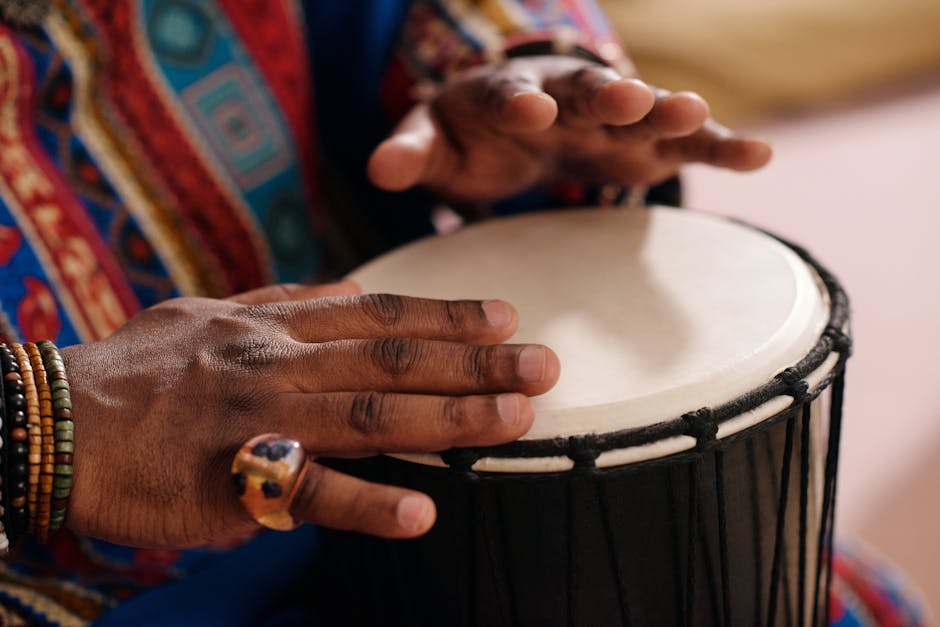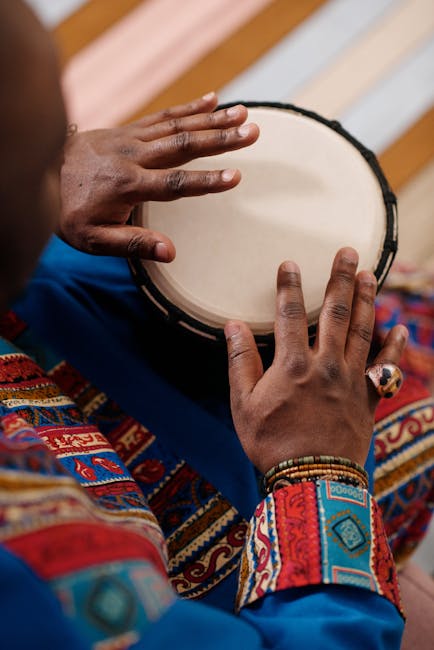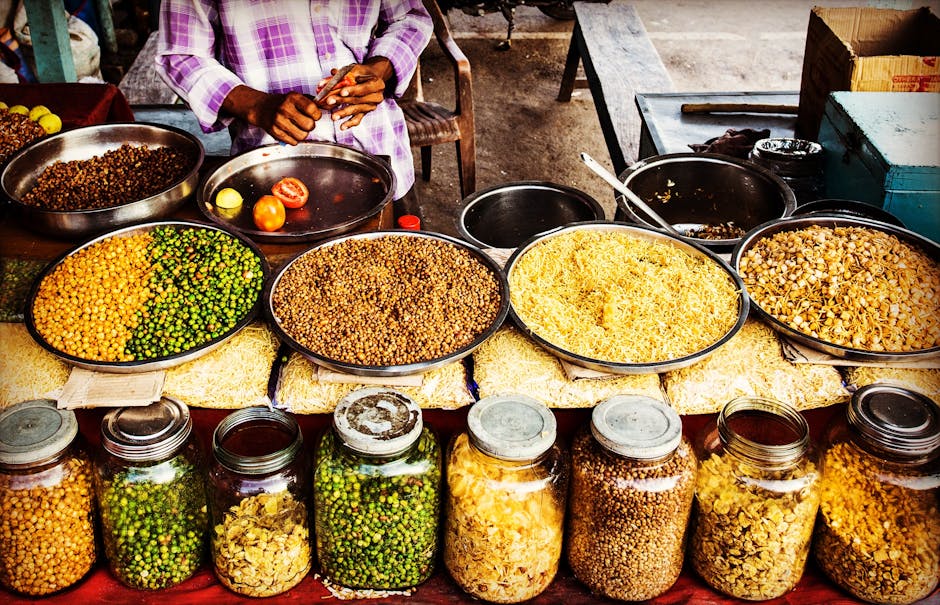https://www.youtube.com/embed/7eN5GiNM_aE
-Eric Adjepong. -Hi. -Hi. "Top Chef" finalist. -How's it going? -Yeah. Pretty big deal, right? -Yeah. It's a huge deal. I mean, it really is. -Not too bad. -It's sort of like -- It's a life-shifting deal. -I would say so, yeah. There's definitely a before-and-after kind of phase after "Top Chef" happens. So, it's hard to say where everything's kind of leading me, 'cause, like, the elevator's still kind of clicking up. But yeah, I'm just so very fortunate to make it this far and kind of just to see what happens from here, so yeah. -So, you went on the show saying that you wanted to showcase what West African cuisine was all about. -For sure. -What's it all about? -Spice, flavor, heat. There's a lot of nuances. You know, there's a lot of combinations of things that folks are not necessarily familiar with as far as, like, you know, taking grounded spices like cinnamon and clove, nutmeg, and then pairing it with, you know, habaneros and tomato and things like that.
I think there's complexities that a lot of, like, Western palates and just folks who are just not familiar with the food can really explore and have fun with. -And one of the things that Tom Colicchio said to you during the season was all your life, you've been told that maybe this is not the kind of food to cook. -Yeah. Right, right. -And now you're getting to cook it. And really, I mean, it's been a showcase. Like, I learned a lot about West African cuisine from the season. -Yeah, yeah. You know, I grew up eating this food for so long. It's so nuts. We think about Africa being the second-biggest continent in the world, you know, and yet the food is so under-represented. I went to school and didn't really learn too much about African food. Some of the chefs that I worked with weren't so, you know, familiar with the ingredients and products from Africa.
So it's essentially up to me to kind of bring that out and really showcase and put that forth. -I would say it needs acid, but I don't know the flavors of your food. -Totally get it. I'm gonna do this really traditional West African rice dish called waakye. -One of the judges -- I don't remember who it was -- said, "I don't even have a frame of reference for this dish." -For sure. -And so often, you know, when you're making fried chicken, people very often in this country have a frame of reference for that. -A loose one, a general one. Yeah, you have something. -Yeah, yeah, or a waffle. -Mm-hmm. -People in this country very often have a frame of -- who are born in this country have a frame of reference for that.
But something like fufu, as you were saying -- fufu is as common as rice. -It is, yes. Yeah. Mm-hmm. Cooking that type of food and really putting myself out there during the competition was a risk. You know, and in order to break through that ceiling, you have to kind of present it. It has to be done. For me to, you know, cook the food for, one, for the judges to kind of understand where the food is coming from or have some sort of frame of reference to it, and, then, you know, being judged accordingly.

So yeah, there's so many different ways that it could have happened and, you know, the chips could have fell, but I'm definitely -- third place is not too shabby. So yeah. -Here's what we need to talk about. I mean, this is where the dish comes in. -Okay. -Because being on a cooking -competition show is hard. -Yeah. It is, it is. -It's really hard, and you're in this moment right now that is a very vulnerable space. -It is, yeah. I mean, you know the deal. So, like, it's tough, because you have cameras in front of you, and you have the pressure of the actually competition, and, then, you know, your mind is racing a mile a minute, and, you know, you're gonna be judged in front of some of, like, the most legit palates in the world. So it's like that no pressure-type situation, but it's kind of nerve-racking, right? So with the added kind of pressure of cooking food that's just so unfamiliar, you know, I definitely could have came with a modern American approach or, you know, a classical French approach.
-Yeah, yeah. -But it was kind of a mission that was sort of bigger than me. You know what I mean? Again, no one's ever heard of fufu on "Top Chef." -I'm doing a West African dumpling called fufu. -I love fufu! -No one's ever heard of waakye or, you know -- any of these things that when I grew up eating, those were like secondhand -- these are, like, things that I grew up, like -- yeah, yeah. -Right.
And when they were like, "Oh, you made fufu twice," and it's like telling somebody, "You made rice twice." Like, it's so common. -Right. Or -- yeah, it's so common. -Yeah, yeah, yeah. -Or it's even, like, a pasta dish. You know, people -- yeah. -Right. You made pasta twice -- like, of course -- in a different shape. -You made pasta, yeah, in a different shape. Right. -Yes. Of course. -It's the same deal. It really is. So, again, some of those kind of glass ceilings that you have to break and really have to kind of reinforce in people's minds. Like, you can present certain things in different ways and can call it different things. -I look forward to seeing what's gonna happen. You absolutely never know. -Yeah. -I'm here at The Washington Post. Who the hell knew, you know? -I'm here at The Washington Post. Like, that's -- -Yeah, that's right. -It's pretty crazy, right? -That's great, yeah. -Yeah, right, right, right. You're right.
-Who knew? -Yeah, right. It's not a big deal, right?.



